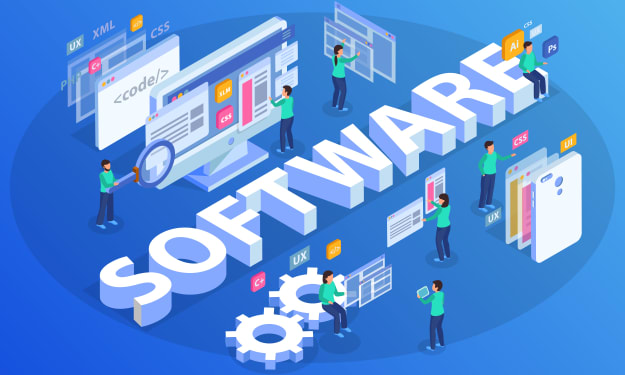The Role of Data Analytics in Medical Practice Management Software Development and Decision-making
Software Development

Introduction
In the era of digitization, data analytics has become a game-changer in various industries, including healthcare. The integration of data analytics into medical practice management software has revolutionized decision-making processes and improved overall practice efficiency. In this blog, we will explore the crucial role of data analytics in medical practice management software development and its impact on decision-making in healthcare organizations.
Leveraging Data for Insightful Decision-making
Data analytics empowers healthcare providers to transform raw data into actionable insights. Medical practice management software equipped with robust analytics capabilities enables practitioners to analyze large volumes of data, such as patient records, billing information, appointment schedules, and operational metrics. By leveraging these insights, medical professionals can make informed decisions to enhance patient care, optimize resource allocation, and improve practice performance.
Optimizing Practice Operations
Data analytics plays a vital role in optimizing various aspects of practice operations. Through the analysis of operational data, such as appointment scheduling patterns, patient flow, and staff utilization, medical practice management software can identify bottlenecks and inefficiencies. This information allows healthcare providers to streamline workflows, reduce waiting times, and improve resource allocation, ultimately enhancing the overall patient experience.
Enhancing Patient Care and Outcomes
Data analytics can significantly impact patient care and outcomes. By analyzing patient data, medical practice management software can identify trends, patterns, and risk factors associated with specific conditions or treatments. This information enables healthcare providers to personalize treatment plans, predict disease progression, and identify opportunities for early intervention. Furthermore, data analytics can assist in monitoring patient outcomes, measuring the effectiveness of interventions, and identifying areas for improvement.
Revenue Optimization and Financial Management
Effective financial management is crucial for the sustainability of healthcare it consulting services. Data analytics helps medical practices track and analyze revenue-related data, including billing, insurance claims, and reimbursement trends. By leveraging these insights, medical practice management software can identify potential revenue leaks, reduce claim denials, and optimize billing processes. Furthermore, data analytics enables accurate forecasting, budgeting, and financial planning, empowering practices to make strategic decisions for growth and financial stability.
Compliance and Risk Management
Data analytics plays a crucial role in compliance and risk management within healthcare organizations. Medical practice management software can monitor and analyze data to ensure adherence to regulatory requirements, such as HIPAA compliance. It can detect potential compliance breaches, identify areas of vulnerability, and implement proactive measures to mitigate risks. Data analytics also helps in identifying fraudulent activities, ensuring the integrity and security of patient data.
Continuous Improvement and Future Predictions
Data analytics provides valuable insights for continuous improvement and future predictions in medical practice management. By analyzing historical data, trends, and patient feedback, healthcare organizations can identify areas for improvement, implement process enhancements, and measure the impact of changes over time. Moreover, data analytics facilitates predictive modeling, enabling practices to anticipate future patient needs, plan for resource allocation, and make data-driven decisions that positively impact patient outcomes.
Conclusion
Incorporating data analytics into medical practice management software development has revolutionized decision-making processes in healthcare organizations. The ability to leverage data for insightful decision-making, optimize practice operations, enhance patient care, optimize revenue management, ensure compliance, and drive continuous improvement makes data analytics an invaluable tool for healthcare providers. By embracing data-driven decision-making, medical practices can improve patient outcomes, operational efficiency, and financial stability, ultimately delivering high-quality care and driving positive healthcare outcomes for patients and providers alike.
Medical practice management software has transformed the way healthcare providers manage their operations, improve patient care, and optimize revenue cycles. By automating administrative tasks, streamlining workflows, and enhancing data accessibility, these software solutions empower medical practices to deliver efficient, patient-centric services. As technology continues to advance, medical practice management software development will play a vital role in shaping the future of healthcare administration.
About the Creator
Larisa Albanians
Hey, a healthcare technology solutions provider at emorphis, that is helping organizations to deliver better healthcare solutions.






Comments
There are no comments for this story
Be the first to respond and start the conversation.